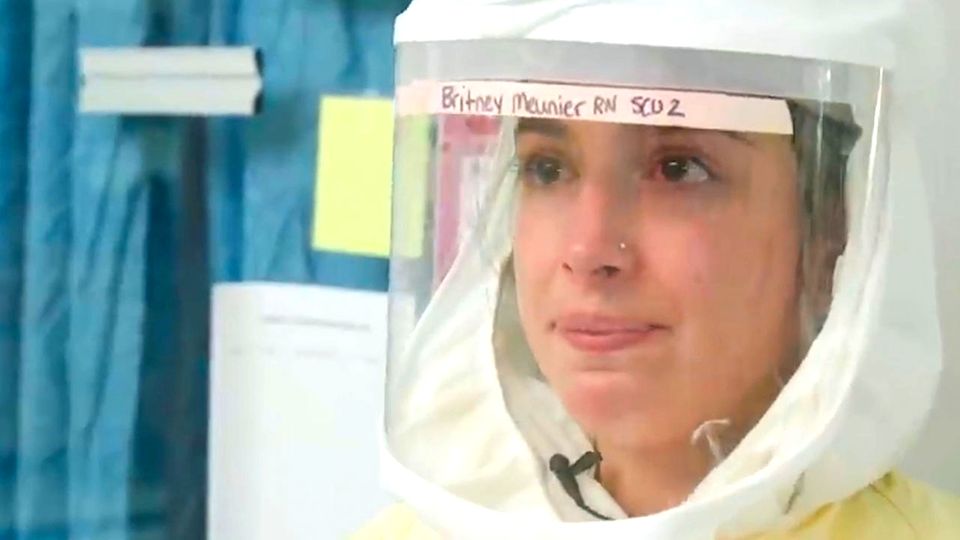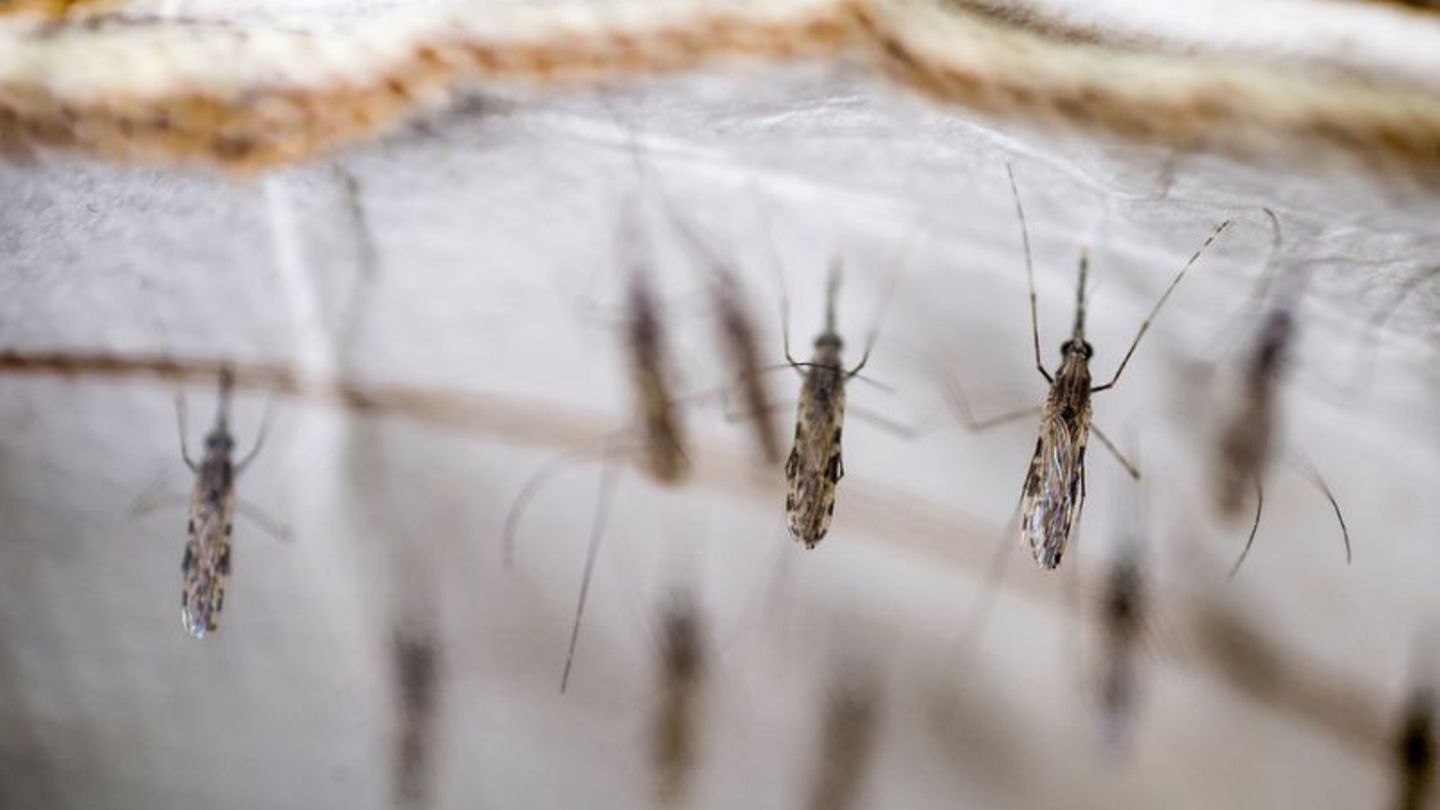Protection in malaria areas was intensified around 20 years ago. Since the number of infections is now stagnating, other ways of prevention are being sought. Now there is a prospect of a vaccine.
The World Health Organization (WHO) is hoping for a historic breakthrough in the fight against malaria with a new vaccine. This Wednesday in Geneva, an independent committee of experts is reviewing promising results from pilot tests with the RTS, S vaccine in three African countries. If the experts are convinced of the effectiveness and safety, the WHO would recommend wide-ranging use. The WHO wanted to inform about this at 5.30 p.m. in Geneva.
Every year there are around 200 million malaria infections, mostly in Africa. Many people get infected several times a year. 400,000 people die as a result each year, mainly children under the age of five. 94 percent of malaria deaths are recorded in African countries.
Acts against several deadliest malaria parasites
Malaria is caused by Plasmodium parasites that are transmitted to humans by infected mosquitoes. Infected people often develop a fever and chills and suffer from nausea, muscle and joint pain and severe fatigue. If the course is severe, there are also shortness of breath, cramps and bleeding, and most severely affected people die without medical treatment. The vaccine works against the deadliest of several malaria parasites, Plasmodium falciparum.
About 20 years ago, protection against mosquito bites in malaria areas was intensified, among other things by using mosquito nets for the night that were treated with insecticides. This reduced the number of infections. For a few years, however, they have stagnated. Pilot tests with the vaccine have been running in Ghana, Kenya and Malawi since 2019. Hundreds of thousands of children were vaccinated up to four times before their second birthday. In April the WHO reported: “The protection that the RTS, S malaria vaccine provides, in addition to recommended anti-malarial measures, can save tens of thousands of lives a year.”
Vaccine developed by GlaxoSmithKline
The vaccine was developed by the British pharmaceutical company GlaxoSmithKline. The company was supported by the malaria vaccine initiative of the non-profit organization PATH, which also receives money from the Federal Ministry of Education and Research.

See in the video: With an emotional video, intensive care nurses at a hospital in Portland, Maine, call people to be vaccinated. Although the vaccination rate in the state is high compared to others, unvaccinated people with corona are in the intensive care units here.




